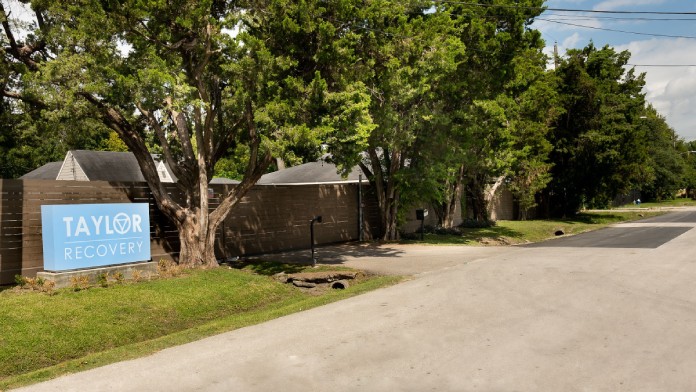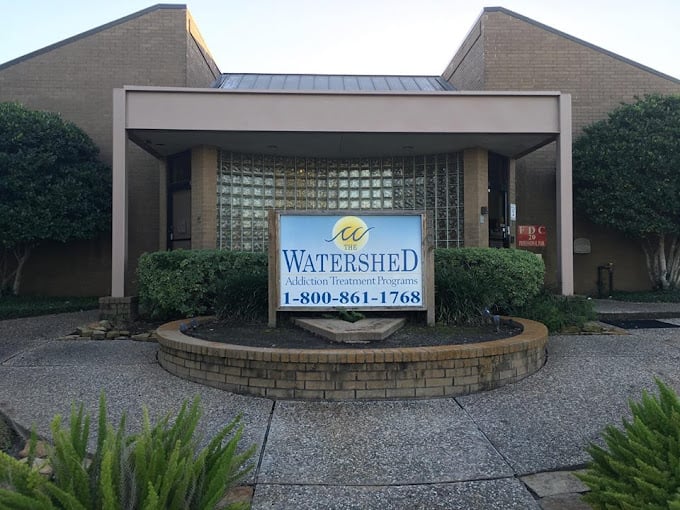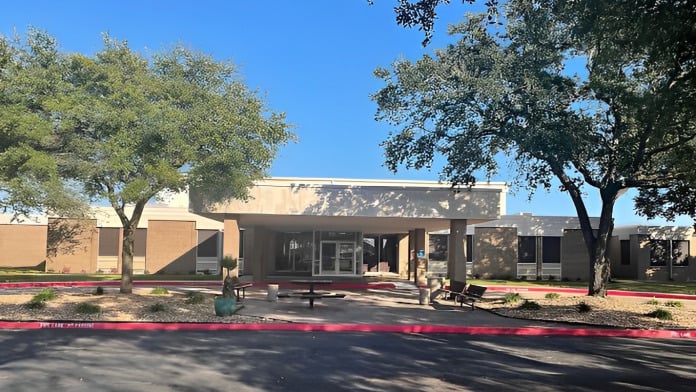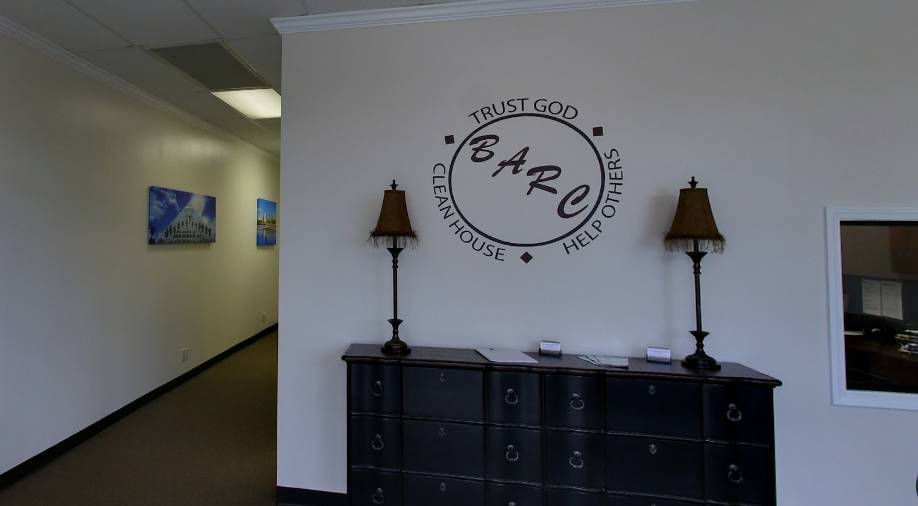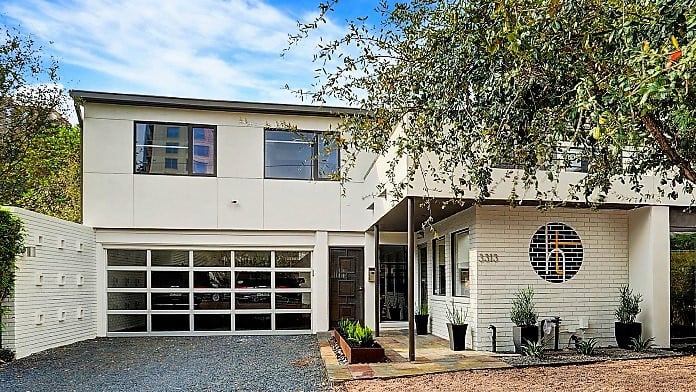About The House of Extra Measures—Hoskins
If you’re looking for a fresh start surrounded by real support, structure and sisterhood, the Hoskins House of Extra Measures in Houston, Texas, might be exactly what you need. Tucked into the Spring Branch neighborhood of Houston, this NARR Level III certified women’s recovery residence offers way more than just a sober place to stay. It’s designed for women on medication for opioid use disorder who would want accountability and healing without feeling alone in the process.
Real Recovery Through Structure and Connection
This home is part of the larger House of Extra Measures community and plays a major role in Project HOMES. Project HOMES is a state-supported research program studying how recovery homes can support lasting sobriety. There’s a strong daily routine here too. You’ll be up at 8:30 and curfew is at 9:45 with lights out by 1am. Think morning meditations, working and going to meetings with not much time for TV. Every night wraps up with a shared dinner made by residents and time to reflect.
And at Hoskins there isn’t a minimum or a maximum stay. But they do encourage you to stay at least six months to give you time to really get your feet to understand you. The environment is built on mutual support and finding your roots emotionally as well as spiritually and financially. The house managers offer personalized coaching too. There are recovery coaches from Santa Maria and The Montrose Center involved in the Hoskins House.
A Legacy of Sisterhood
The Hoskins house was built on the heart and mission of its founder Randy Jo Baker. Her vision lives on through a program that helps women not only stay sober but learn how to live well. You’ll find yourself surrounded by women who actually care. So you’ll find women who show up for each other and cook together, clean together and cry together. And most importantly women who celebrate the small wins.
Many residents walk away saying this where they found their self-worth again. Not because someone handed it to them but because they worked for it together.
Rehab Score
Other Forms of Payment
Self-pay involves paying for treatment out of your own pocket. You can use savings or credit, get a personal loan, or receive help from family and friends to fund your treatment. If you don't have insurance or your insurance plan doesn't cover a specific program, self-pay can help ensure you still get the care you need.
Addiction Treatments
Treatments
The goal of treatment for alcoholism is abstinence. Those with poor social support, poor motivation, or psychiatric disorders tend to relapse within a few years of treatment. For these people, success is measured by longer periods of abstinence, reduced use of alcohol, better health, and improved social functioning. Recovery and Maintenance are usually based on 12 step programs and AA meetings.
During rehab in Texas, you'll deal with underlying issues that contribute to addiction. By addressing these challenges and learning healthy ways to cope with them, you'll develop strategies that help you live a drug-free lifestyle.
A combined mental health and substance abuse rehab has the staff and resources available to handle individuals with both mental health and substance abuse issues. It can be challenging to determine where a specific symptom stems from (a mental health issue or an issue related to substance abuse), so mental health and substance abuse professionals are helpful in detangling symptoms and keeping treatment on track.
Opioid rehabs specialize in supporting those recovering from opioid addiction. They treat those suffering from addiction to illegal opioids like heroin, as well as prescription drugs like oxycodone. These centers typically combine both physical as well as mental and emotional support to help stop addiction. Physical support often includes medical detox and subsequent medical support (including medication), and mental support includes in-depth therapy to address the underlying causes of addiction.
Programs
Young adulthood can be an exciting, yet difficult, time of transition. Individuals in their late teens to mid-20s face unique stressors related to school, jobs, families, and social circles, which can lead to a rise in substance use. Rehab centers with dedicated young adult programs will include activities and amenities that cater to this age group, with an emphasis on specialized counseling, peer socialization, and ongoing aftercare.
Clinical Services
In individual therapy, a patient meets one-on-one with a trained psychologist or counselor. Therapy is a pivotal part of effective substance abuse treatment, as it often covers root causes of addiction, including challenges faced by the patient in their social, family, and work/school life.
Contact Information
2329 Hoskins Drive
Houston, TX, 77080
